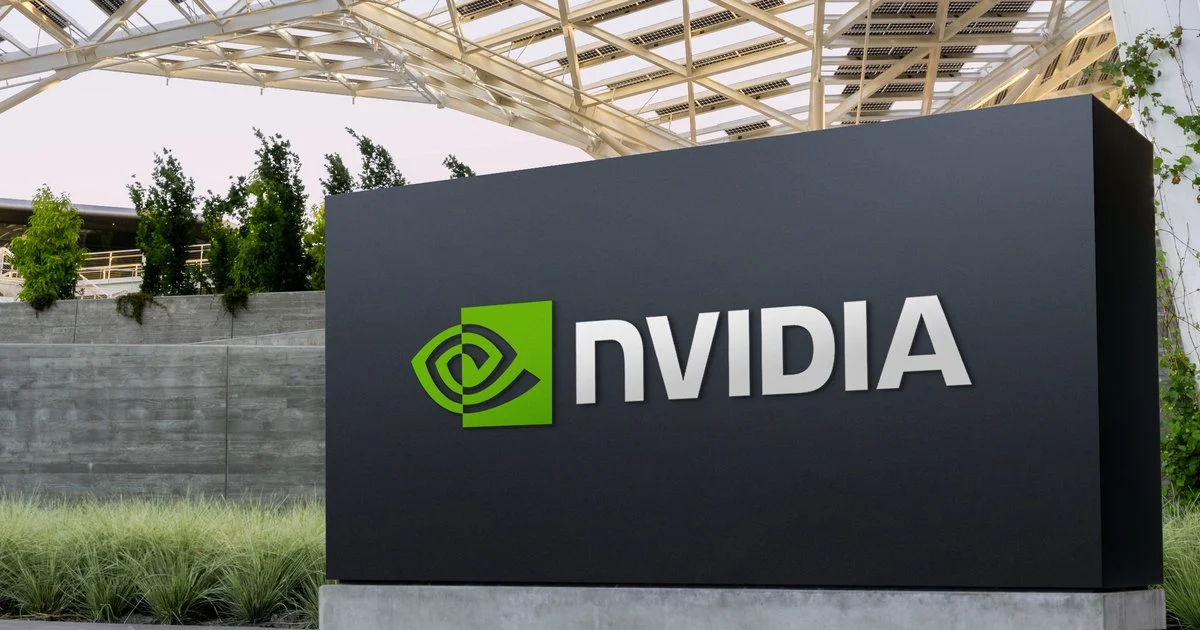Clash Over Nvidia's Trajectory Intensifies Amid Record Highs, Insider Sales

ANALYSIS: Behind Nvidia's Stock Volatility and its Sovereign AI Push
SANTA CLARA, Calif. — A series of high-profile executive stock sales at Nvidia Corp. has ignited a fierce debate among investors and market analysts, pitting concerns over internal confidence against a backdrop of record-breaking market performance and a powerful new strategic direction. The discourse, amplified by reports across major financial news outlets, has created a starkly polarized view of the artificial intelligence chipmaker's future, even as its market capitalization soars to historic heights.
At the heart of the debate is the interpretation of recent regulatory filings. The core facts are not in dispute: Nvidia executives, including CEO Jensen Huang, have sold significant amounts of company stock. The contention lies in the narrative this creates—is it a canary in the coal mine, or simply business as usual for a company that has experienced meteoric growth?
The Anatomy of an Executive Stock Sale
Recent reports, prominently featured by outlets like CNBC and Yahoo Finance, have highlighted that Nvidia insiders have sold shares valued at over $1 billion this year. Some headlines have employed charged language, framing the transactions as a 'dump', which suggests a panicked rush for the exits and a lack of faith in the company’s continued growth.
However, experts in executive compensation and securities law urge a more nuanced look at the data. A significant portion of these sales, they note, are executed under pre-scheduled SEC Rule 10b5-1 trading plans. These plans are established months in advance, at a time when the executive is not in possession of material non-public information. Their purpose is to allow insiders to sell shares in an orderly fashion for personal financial management—such as diversification, tax planning, or major life purchases—without facing accusations of illegal insider trading. According to a market analyst at a major investment firm, who spoke on the condition of anonymity, "For executives whose compensation is overwhelmingly stock-based, not selling shares would be the unusual event. It's how they realize their income."
Furthermore, analysis of the filings indicates that the shares sold represent a very small fraction of the executives' total holdings. In the case of CEO Jensen Huang, the sales constitute a low single-digit percentage of his massive stake in the company. Proponents of the company's stability argue that focusing on the large dollar value is misleading. "It's a function of the stock's enormous appreciation," the analyst added. "When your net worth is tied to a stock that has risen over 200% in a year, even a minor portfolio rebalancing will result in a headline-grabbing number. The key metric is the percentage of total holdings sold, which remains minimal and suggests continued long-term alignment."
Wall Street's Unwavering Optimism
Contrasting sharply with the narrative of waning internal confidence is the overwhelming consensus from Wall Street. Nvidia’s stock has consistently hit record highs, with a string of investment banks raising their price targets. This bullishness is anchored in the company's staggering financial results and its perceived unassailable position in the AI chip market.
Analysts from firms like Goldman Sachs and Morgan Stanley have repeatedly pointed to the insatiable demand for Nvidia’s data center GPUs as the primary driver for future growth. Their reports emphasize that the AI revolution is still in its early innings, with demand far outstripping current supply. This provides a powerful, data-driven counter-narrative to fears sparked by the insider sales.
This is not to say Nvidia's long-term dominance is seen as a foregone conclusion. Commentary from financial publications like The Motley Fool often speculates on 'the next Nvidia,' pointing to the significant AI investments being made by tech giants like Meta or new ventures backed by influential figures like Masayoshi Son. These pieces subtly suggest that Nvidia's market position could eventually be eroded.
In response, institutional investors point to Nvidia’s deep competitive moat: its proprietary CUDA software platform. CUDA is the programming language that allows developers to unlock the parallel processing power of Nvidia's GPUs. With over a decade of development and millions of developers trained on the platform, it has become the industry standard for AI research and deployment. A technology strategist at a London-based fund stated, "Building a competing chip is one thing; building an entire ecosystem to rival CUDA is another. It's a monumental task that protects Nvidia's lead for the foreseeable future."
A New Growth Frontier: Sovereign AI and Product Innovation
Beyond market mechanics, Nvidia is actively shaping a new narrative for its next growth phase, centered on the concept of 'Sovereign AI'. This strategy involves partnering directly with nations to build their own domestic AI infrastructure and language models. This positions Nvidia not merely as a component supplier to Big Tech, but as a foundational partner in national economic and security strategy, opening up a vast new addressable market.
Simultaneously, the company appears to be directly addressing feedback from its core consumer base. Enthusiast tech media is buzzing with overwhelmingly positive leaks about the company's upcoming RTX 50 series of gaming GPUs. Notably, reports suggest the new cards will feature a significant increase in VRAM (video memory), a key point of criticism from gamers on previous generations. While some vocal critics in online forums continue to frame the company as an 'anti-consumer' monopoly, this reported product decision is being interpreted by many industry watchers as a sign of responsiveness to its community, demonstrating that innovation remains a core priority.
As the market continues to process these conflicting signals, the central question remains. Observers are left to weigh the optics of scheduled insider stock sales against the hard data of record earnings, overwhelming analyst support, and a strategic vision that extends far beyond the current tech landscape. The ultimate trajectory, most agree, will be determined not by the routine portfolio management of its executives, but by Nvidia's ability to continue dominating the technological frontier it largely created.

